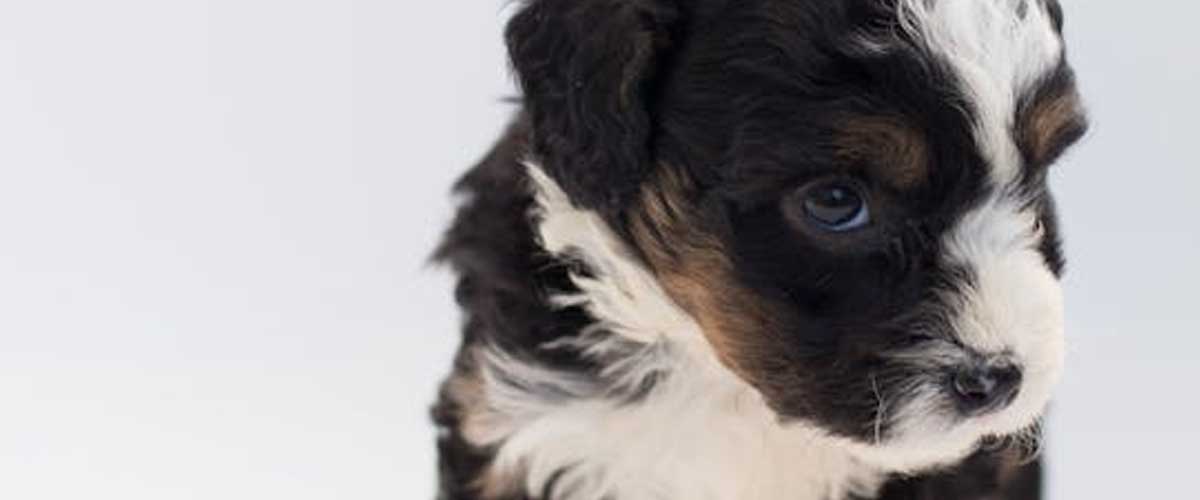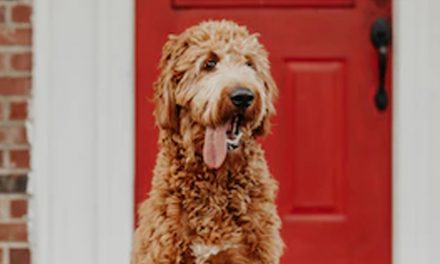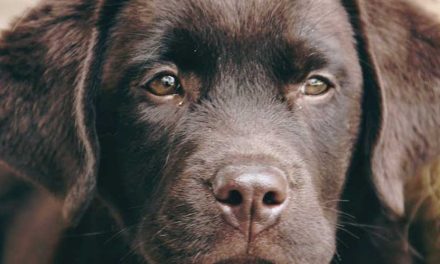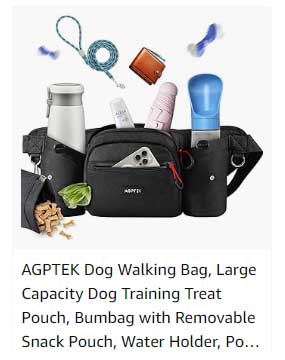Welcoming a puppy into your home is an exciting and rewarding experience.
From the moment they arrive, a puppy begins a remarkable journey of learning and growth that shapes them into a well-behaved companion.
Understanding this early learning process is crucial for new pet owners aiming to foster a positive environment for their furry friends.
The First Few Weeks: Building Foundations
The early weeks of a puppy’s life are critical for their development.
During this time, they are like sponges, absorbing information from their surroundings.
Socialization begins with their littermates, where they learn essential skills such as bite inhibition, body language, and social cues.
This is why it’s important for puppies to stay with their mothers and siblings until they are at least eight weeks old.
When they come home, new experiences—like meeting people, hearing various sounds, and encountering different environments—play a significant role in their learning.
At this sensitive stage, exposure to new sights, sounds, and smells will help a puppy grow into a confident adult dog.
It’s vital to introduce them to a variety of people, pets, and places in a positive manner.
The Power of Positive Reinforcement
Once they settle in, training can begin.
Puppies are eager to please and respond well to positive reinforcement.
Using treats, praise, and playtime as rewards encourages good behavior and helps them learn commands like “sit,” “stay,” and “come.”
Consistency is key; setting regular routines for feeding, bathroom breaks, and training sessions helps puppies understand what is expected of them.
Short training sessions—typically 5 to 10 minutes—are most effective, keeping the puppy engaged, and reducing frustration.
Incorporating play into these sessions can make learning fun and effective, reinforcing the bond between you and your puppy.
House Training and Socialization
House training is one of the most important aspects of a puppy’s early learning journey.
Start by establishing a consistent routine for taking your puppy outside to their designated bathroom spot.
Praise them immediately after they go potty outside to reinforce the behavior.
Patience and vigilance are essential during this time, as accidents are part of the learning process.
Socialization should continue throughout the first few months.
Puppy classes can be an excellent investment, allowing dogs to interact with peers and learn appropriate behavior in a controlled environment.
These classes also provide an opportunity for owners to learn effective training techniques while building a community of support.
Addressing Challenges
Every puppy is unique, and challenges may arise along the learning journey.
Some puppies may be shyer or more anxious than others, while others might display stubbornness during training.
Understanding their individual temperament and adjusting training methods accordingly can help overcome obstacles.
If behavioral issues persist, consulting a professional dog trainer or behaviorist can provide tailored guidance.
The earlier these challenges are addressed, the more likely the puppy will develop into a well-adjusted adult dog.
Lifelong Learning
A puppy’s early learning journey is just the beginning.
As they grow, ongoing training and socialization are essential. Lifelong learning keeps their minds sharp and helps to prevent boredom-related behaviors.
Creating a nurturing and stimulating environment for your puppy will foster a love for learning that can last a lifetime.
As they grow and mature, the lessons learned during their early years will shape their personality, behavior, and ability to connect with their human companions.
Conclusion
The early learning journey of a puppy is filled with critical experiences that set the stage for their future.
By committing to positive reinforcement, consistent training, socialization, and patience, you can help your puppy develop into a happy, well-adjusted member of your family.
Enjoy this precious time as you watch your puppy learn, grow, and thrive!











